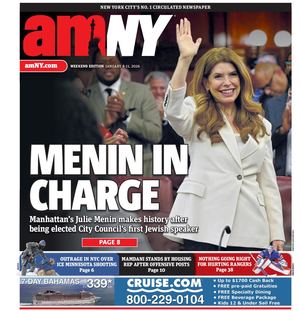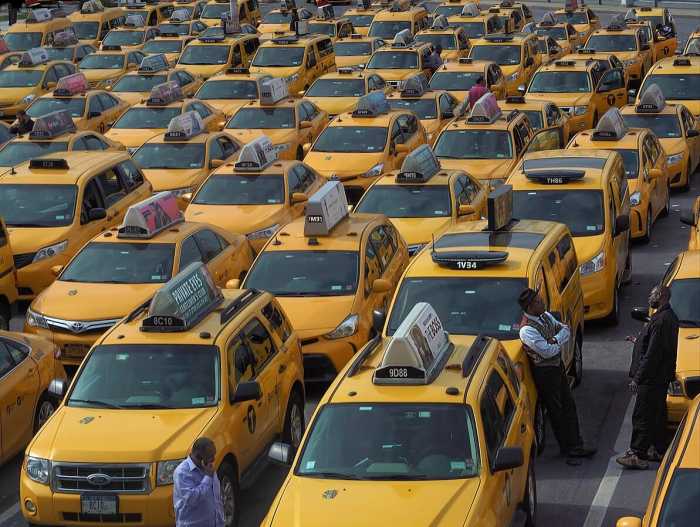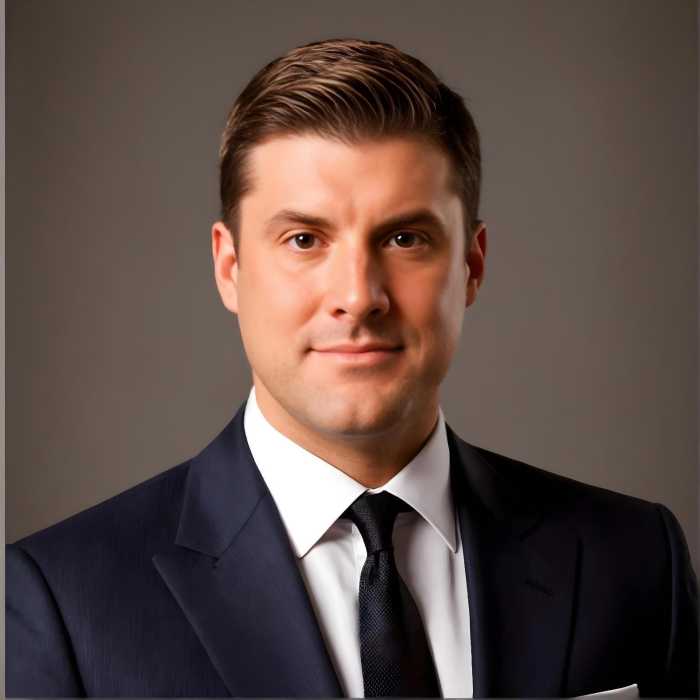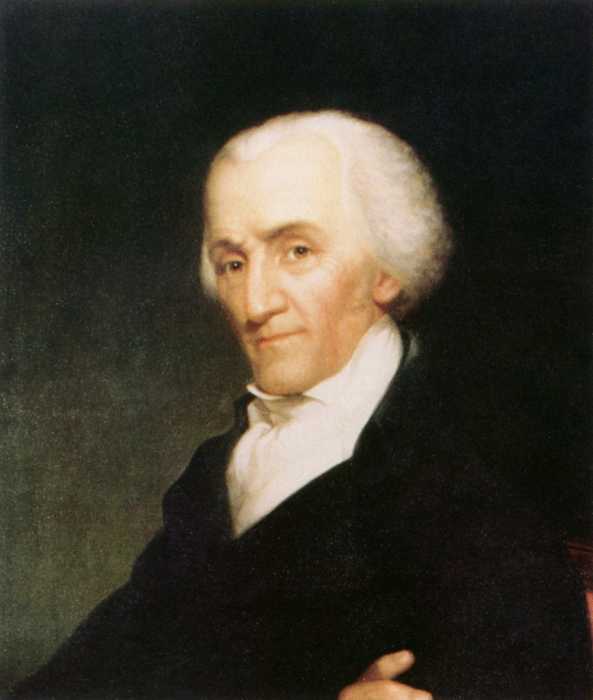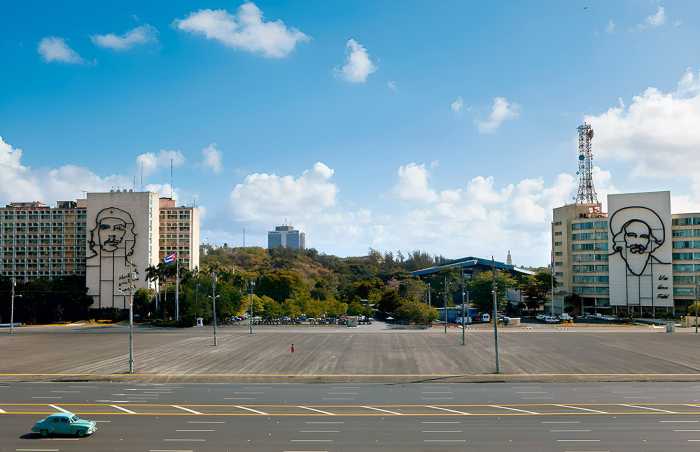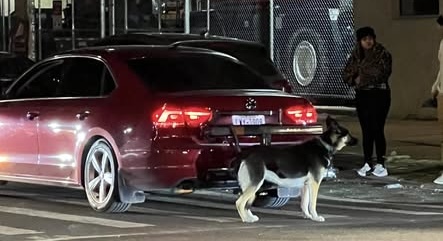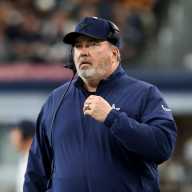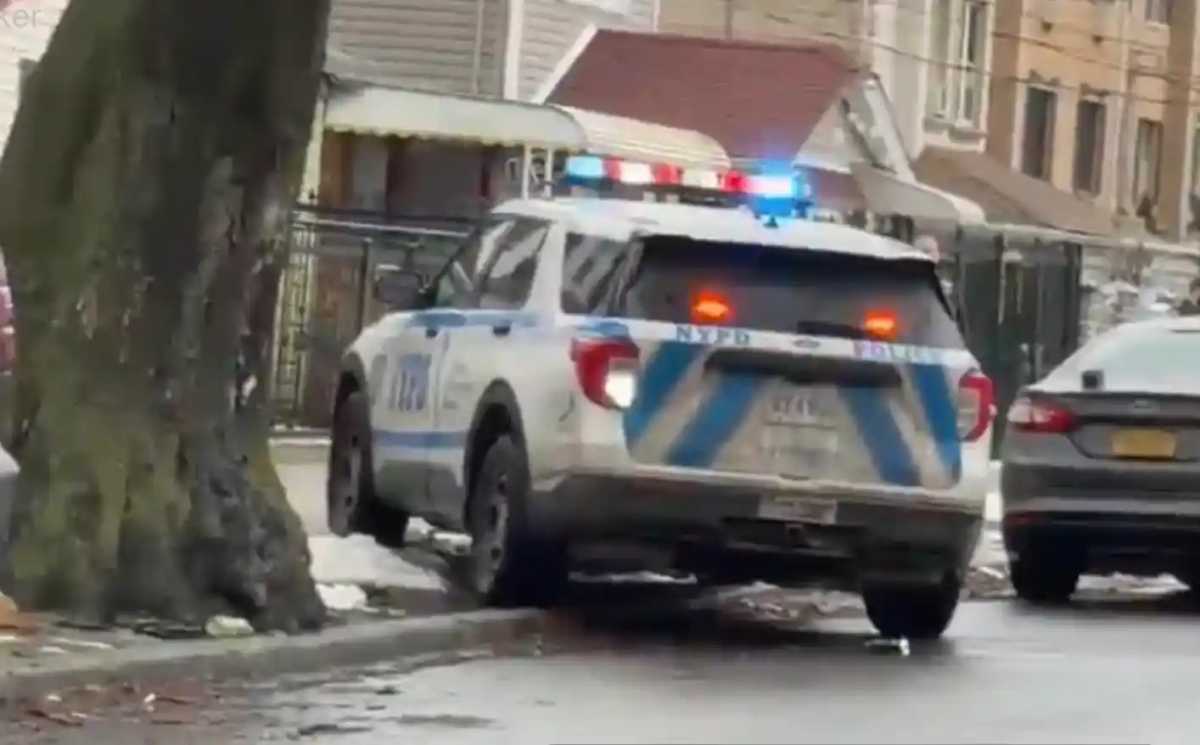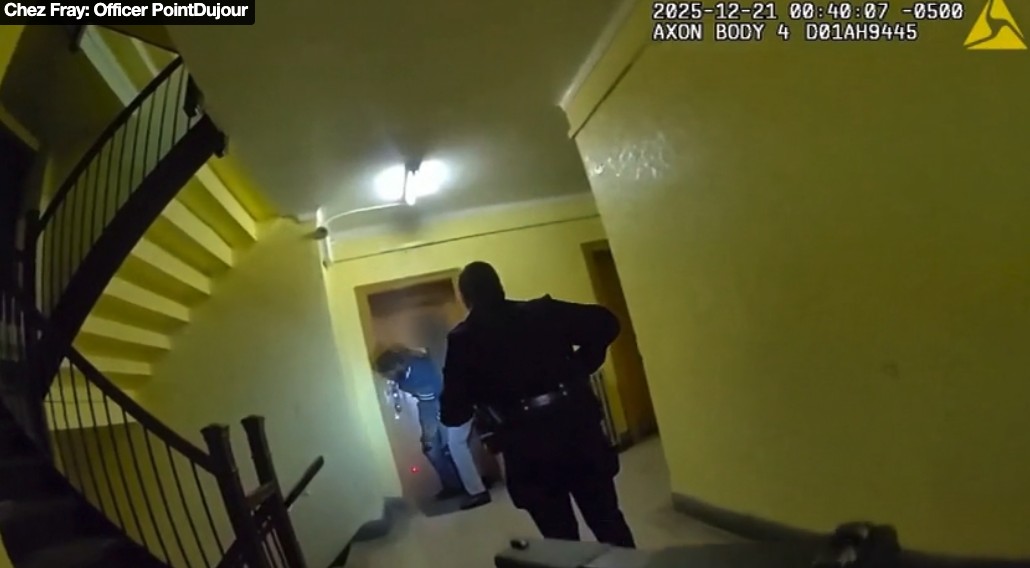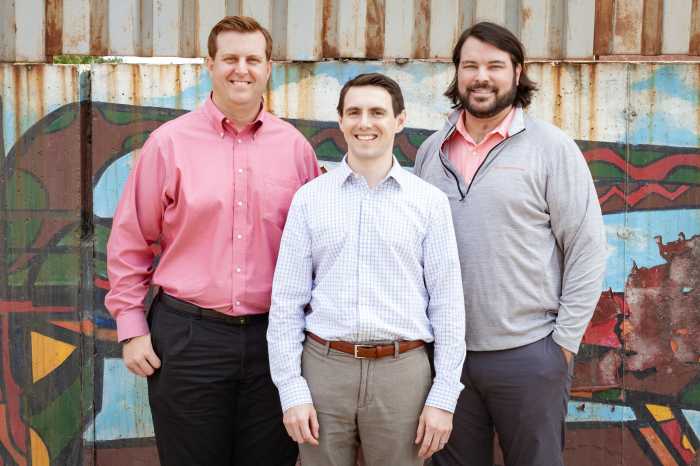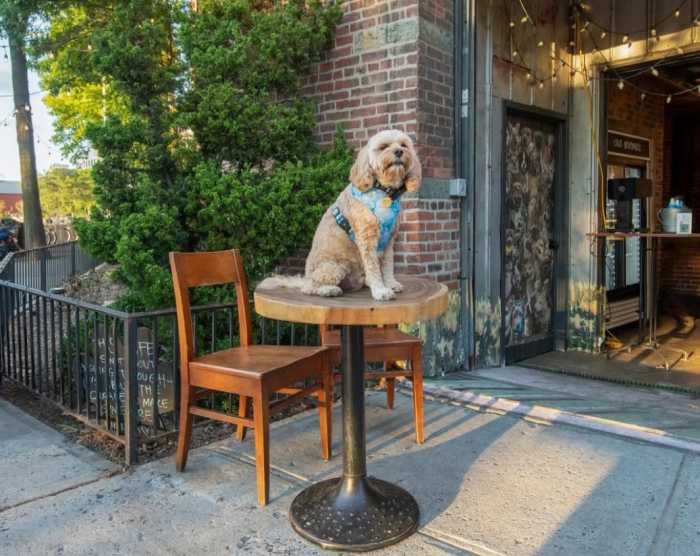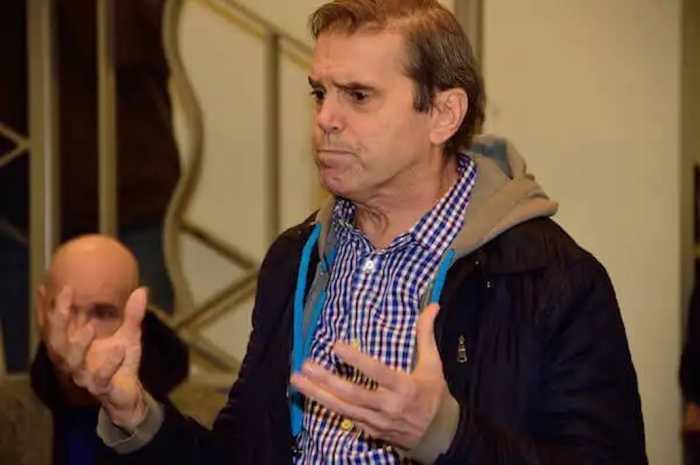‘It’s a new world,” Bill Bratton says of his return to New York as police commissioner. It sure is.
Appointed seven months ago as an internationally recognized figure in policing, he is now viewed by some as being in a precarious position. “Broken windows policing,” the approach that has been the cornerstone of his reputation, is under siege.
In an interview Tuesday at police headquarters — part of a Bratton-orchestrated media blitz following the chokehold death of Eric Garner on Staten Island on July 17 — the commissioner presented himself as mellow, modest and noncombative, qualities not always visible during his first tour as commissioner under Mayor Rudy Giuliani from 1994-96.
A few contrasts between Bratton then and Bratton now are evident.
Back then, he was quoted saying: “I admit it. I don’t mind seeing my name in the papers.” In Churchillian cadences, he said then: “We will fight for every house in this city. We will fight for every street . . . We will take back the streets as we began take back the subways. I did not come here to lose.”
His experience working with his mayors has been different. Under Giuliani, there was rivalry both for publicity and control of the NYPD. Giuliani, with his law enforcement background, saw himself as the de facto police commissioner.
“De Blasio is not involved with the intimacies of the department,” Bratton said. Giuliani, he said, was “more mercurial,” but de Blasio has a “more even keel . . . I have never seen him angry.”
Under Giuliani there existed what were known as “the one on one” — weekly meetings, not between Giuliani and Bratton, but between their staffs. Now, Bratton said, he and de Blasio meet once a week with their staffs.
“If it’s operational, I bring Phil Banks,” Bratton said. “If it’s terrorism, I bring Miller [John Miller, the deputy commissioner for counterterrorism and intelligence].”
Of the City Hall roundtable of clergy and politicians on July 31 following Garner’s death while being arrested by police, Bratton said he was not offended by criticism of him and the department by the Rev. Al Sharpton, which Bratton and de Blasio listened to in silence.
“Like him or not, he has a voice,” Bratton said of the activist.
Nor, he said, was he offended by the seating arrangement that placed Sharpton directly to de Blasio’s left with Bratton on de Blasio’s right.
While some commentators, including this one, have criticized the symbolism that seemed to equate Sharpton with the police commissioner, Bratton said, “I don’t see any symbolism at all.”
He said later, “I’m enjoying this time, even the debate on ‘quality of life’ policing,” which he described as “the cornerstone I have built.”
Bratton’s success in dramatically reducing crime in the 1990s was based on his philosophy that minor crimes, if left unpunished, would lead to major crimes. Now, however, some charge that such a policy discriminates against minorities and led to Garner’s death.
Another contrast to his two-year tenure under Giuliani appears to be his attitude about community policing, an undefined term that implies closer relations between police officers and the communities they serve.
Giuliani, Bratton and his top staff disparaged as “social work” the community policing begun by Mayor David Dinkins and Police Commissioner Ray Kelly in the early 1990s. However, in Tuesday’s interview, he maintained that community policing “has always been part of my 40-year police career.” Now, he said, he has begun community initiatives. He is planning to have health professionals work with police to handle homeless people in the subways who might have mental problems.
“Everything is to make people’s lives better,” he said. “That’s what cops do.”
